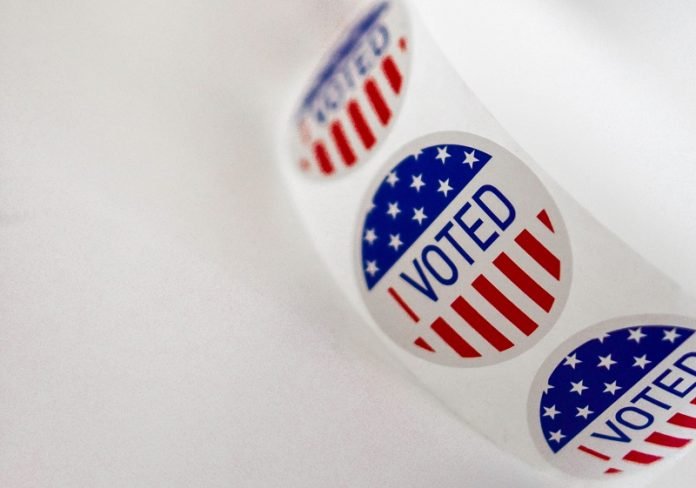
Regardless of political party, elections weigh on many Americans, and with long-lasting coverage, it can be difficult to escape the political noise.
A Baylor College of Medicine expert offers advice to those experiencing distress throughout election season.
“There is uncertainty with change,” said Dr. Eric Storch, professor and vice chair of psychiatry and behavioral sciences and vice chair of psychology in the Menninger Department of Psychiatry and Behavioral Sciences at Baylor.
“People worry about how their lives will change depending on the election results or that the elected individual may not represent them or their values – this can heighten feelings of distress throughout the election.”
Keeping up with your mental health is crucial if you feel triggered by political events.
If you’re experiencing heightened levels of stress due to the election, try to address those feelings by being an active participant in the political process:
- Make your voice matter: if there is a candidate or position that has meaning to you, express your voice and support that. Bring purpose to the process.
- Limit exposure to media: don’t compulsively check the news. Moderation is helpful.
- Focus on a brighter future: whether your candidate wins or loses, appreciate that another election will take place in the future, and focus on the areas that you can control.
Those who struggle with mental health issues (and those who do not) may have intrusive thoughts and behaviors due to political stressors.
Take control over the things you can; for example, be active in supporting your position and making your vote count.
Take care of yourself by socializing with loved ones, staying physically active and getting adequate sleep.
If your anxiety is exacerbated by the status of the political environment, seek intervention from mental health professionals.
Political conversations may be inevitable among families and friends. Storch explains that moderating engagement in political talk is important.
If your goal is to have a civil dialogue, then engage in respectful conversation. Remember that trying to change someone’s perspective may sometimes lead to ineffective and even distressing conversation.
“It is often difficult to convince someone to share your political views. If it’s going to lead to a heated conversation, think about your end goal and if engaging in dialogue is helpful.” Storch said.
If tensions arise amid political conversations, Storch suggests ways to calm down:
- Politely agree to disagree.
- Step away if it becomes uncomfortable.
- Shift the conversation away from tense topics.
- Limit alcohol consumption in settings where emotions about politics can become heated.
“Distress can be channeled into feelings of helplessness, or it can be channeled into a position of optimism,” Storch said. “It won’t always be one way. Take a meaningful approach, be active and make sure your vote counts.”
Written by Homa Shalchi.



